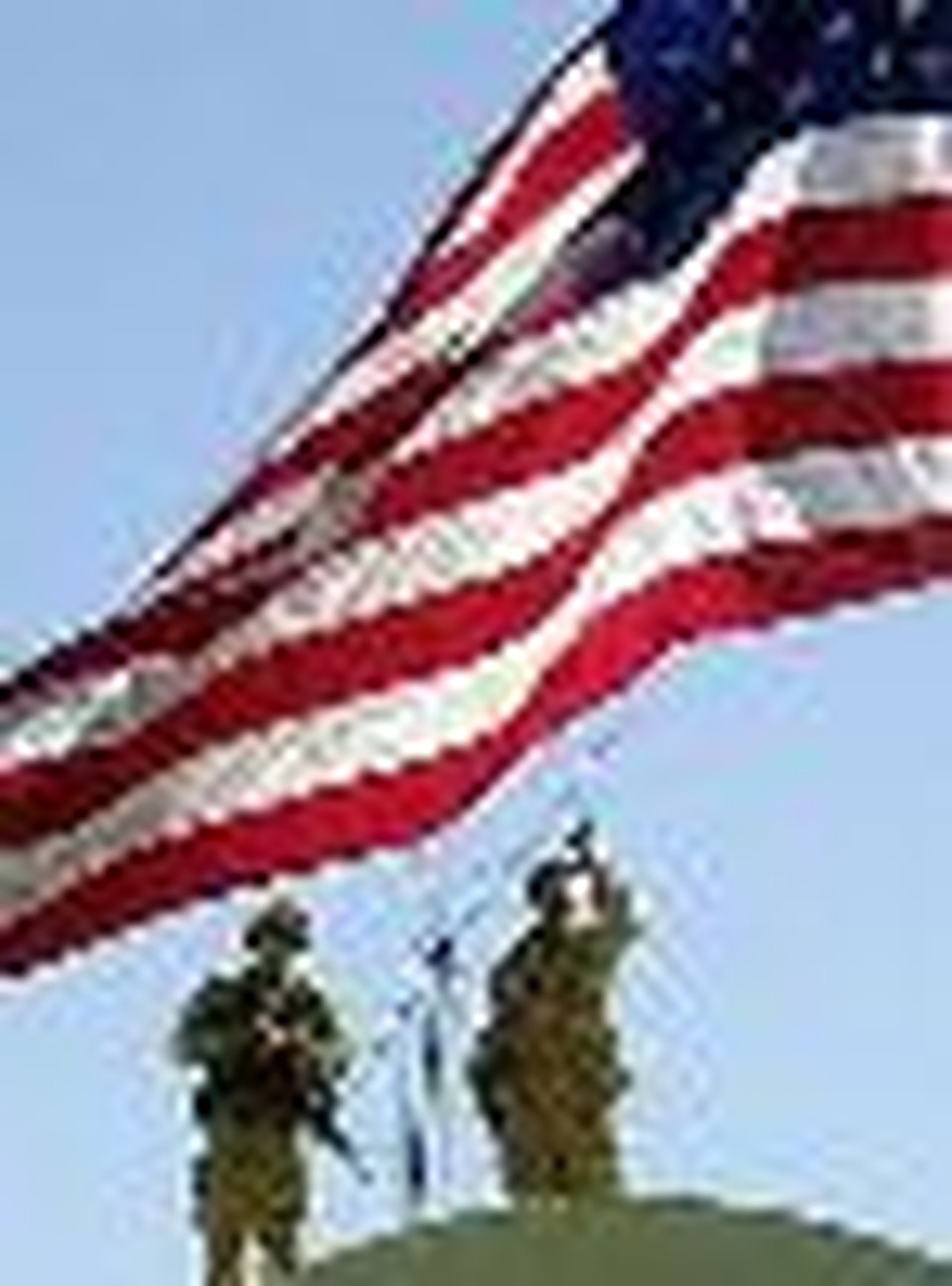B-24 Gunner Steps Back into History

He wore his very best poker face as he climbed carefully through the bomb-bay doors and into the fuselage, his grandsons scrambling in close behind. For my wonderful father-in-law, it had to have been an emotional moment. During World War II, Papa John had served with the 450th bomb group, a nose gunner in a B-24 Liberator like this one, making runs from Italy into southern Europe. Unlike many, he was fortunate enough to return, wed, raise a family and see his kids raise families of their own.
Ever since learning about the Fantasy of Flight museum, a private collection boasting what may be the world's largest assemblage of airworthy vintage aircraft, it had been my husband's goal to bring his father and our children together in the museum's display hangars in Polk City, near Orlando, Fla. Now, here they were – Granddad, son and grandsons, in a brief but not-to-be-forgotten moment.
Even with its bomb racks empty, the bomb bay was a surprisingly small and cramped space. Between the racks, the only way forward to the flight deck and to his former battle station was a narrow girder, not even wide enough to be called a catwalk. Negotiating that, then hunching down, and finally crawling forward, Papa John advanced as far toward the nose turret as his now-creaky knees would let him, ultimately just far enough to brush aside a patch of spider webs and peer inside through its double hatch.
He had certainly had a good view from that position, as far forward as one could possibly be in an airplane, with only a bubble of a Plexiglas between him and the frigid, onrushing air. How had he folded himself, his parachute and other gear into that tiny space? How could he stay in that position for 10 or 12 hours? How did it feel to be shot at the first time? What did it feel like to climb back in for a second mission? A third? And what did you do to expel the thought that the next mission might be your last?
True to form, Papa John was a fount of knowledge about all things technical. He pointed out the dials and knobs and handles, explained their purpose and how they worked. Those things seemed to come back pretty easily. But how it all felt was more difficult to put into words, maybe even to remember.
As with most of those who made it back, it seems there has rarely been an appropriate moment to share details of those days. Even if the moment presented itself, the story is not an easy one to tell. How does one present the full context of the experience? Wanting above all to be accurate, how does one weave a complete and coherent story out of a collection of memories, some vivid and some vague, particularly when you never knew the whole story anyway? And how do you tell your story knowing that it is only a very small part of a very large undertaking. So, more often than not, their stories go untold.
Perhaps the silence is part of what makes Papa John – and so many like him in the Greatest Generation – exactly that: the Greatest Generation. It is our duty, not theirs, to collect and preserve their story. That is why it is good to build museums, write books and produce documentary films. It is right to recognize their sacrifice. That is the reason we establish memorial days and create memorial monuments, like the one on the Mall in Washington and others in hometowns across America. And it is right to thank them, by stepping forward to take up the banner of service they carried so faithfully.
Our brave men and women fighting in Iraq are a long way from having their own memorials. But they are part of a grand tradition of Americans who have sacrificially left everything dear and comfortable and have traveled to spill their blood on somebody else's soil, on behalf of somebody else's freedom. Wars are, by nature, controversial; by definition, full of conflict – physically, emotionally and politically. But there should be no controversy, no conflict, over honoring those who serve.
So to all those who have donned the uniform in honor – from our dear Papa John and his World War II comrades, to the youngest soldier in Iraq – we thank you and assure you: Your story will be told.

Rebecca Hagelin is a vice president of The Heritage Foundation, a Townhall.com member group. ©2004 Rebecca Hagelin.
Originally published May 29, 2004.




